|
Kangrui Cen Hi! I am currently a research intern at OPPO Research Institute, supervised by Prof. Lei Zhang. Before that, I recieved my Bachelor degree in Computer Science from Shanghai Jiao Tong University, where I am a member of John Hopcroft Honors Class. Previously, I'm honored to collaborate with Prof. Ming-Hsuan Yang at UCM, Dr. Kelvin C.K. Chan at Google DeepMind, and Prof. Xiaohong Liu at SJTU. Email / CV / Google Scholar / Github / Instagram |
|
| Research Interests |
|
I am broadly interested in Computer Vision, including Image/Video Editing/Enhancement/Generation, 3D Generation/Reconstruction and so on. |
| Papers |
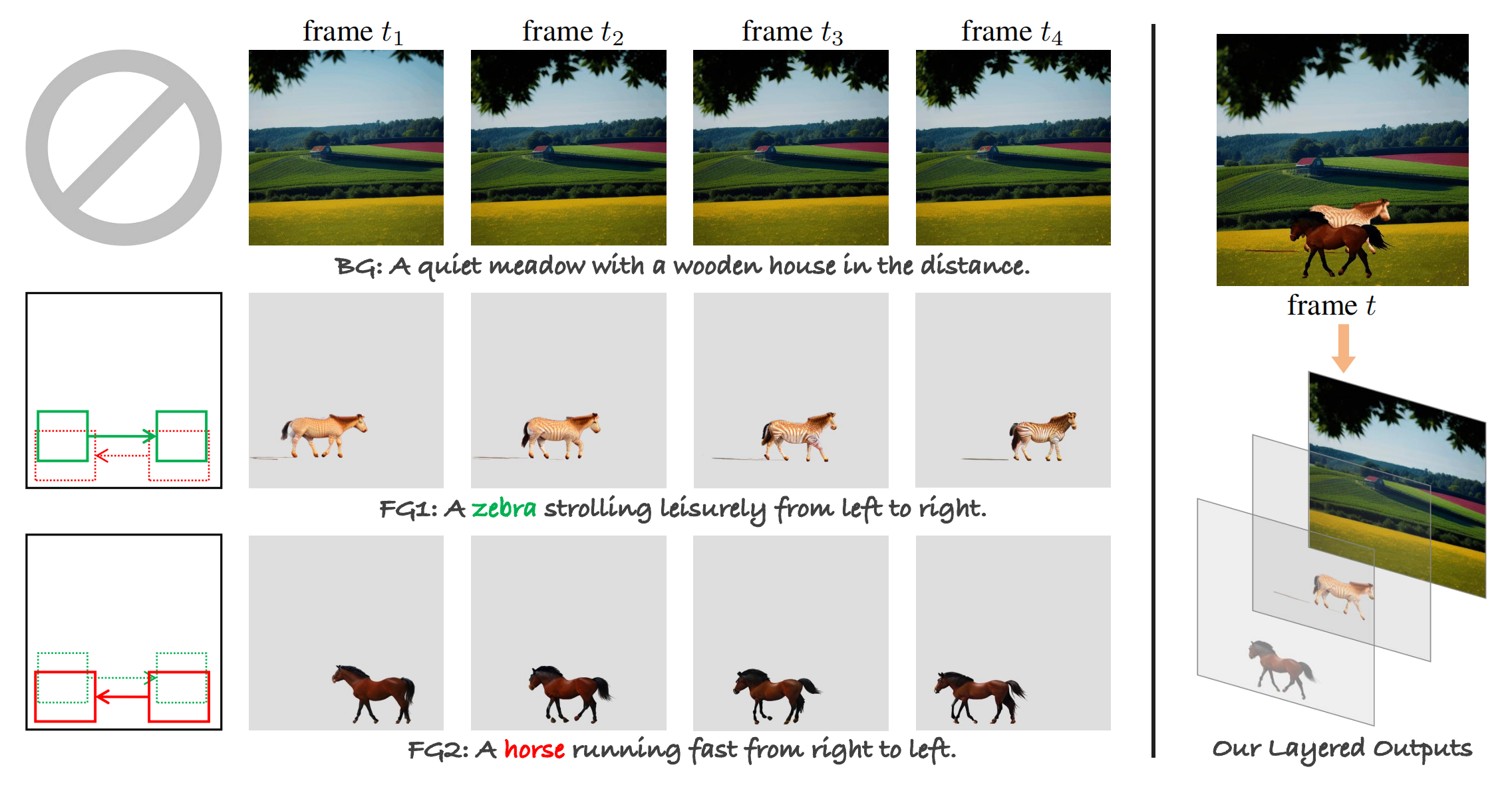
|
LayerT2V: Interactive Multi-Object Trajectory Layering for Video Generation
Kangrui Cen, Baixuan Zhao, Yi Xin, Siqi Luo, Guangtao Zhai, Xiaohong Liu arXiv PrePrint Abstract: |
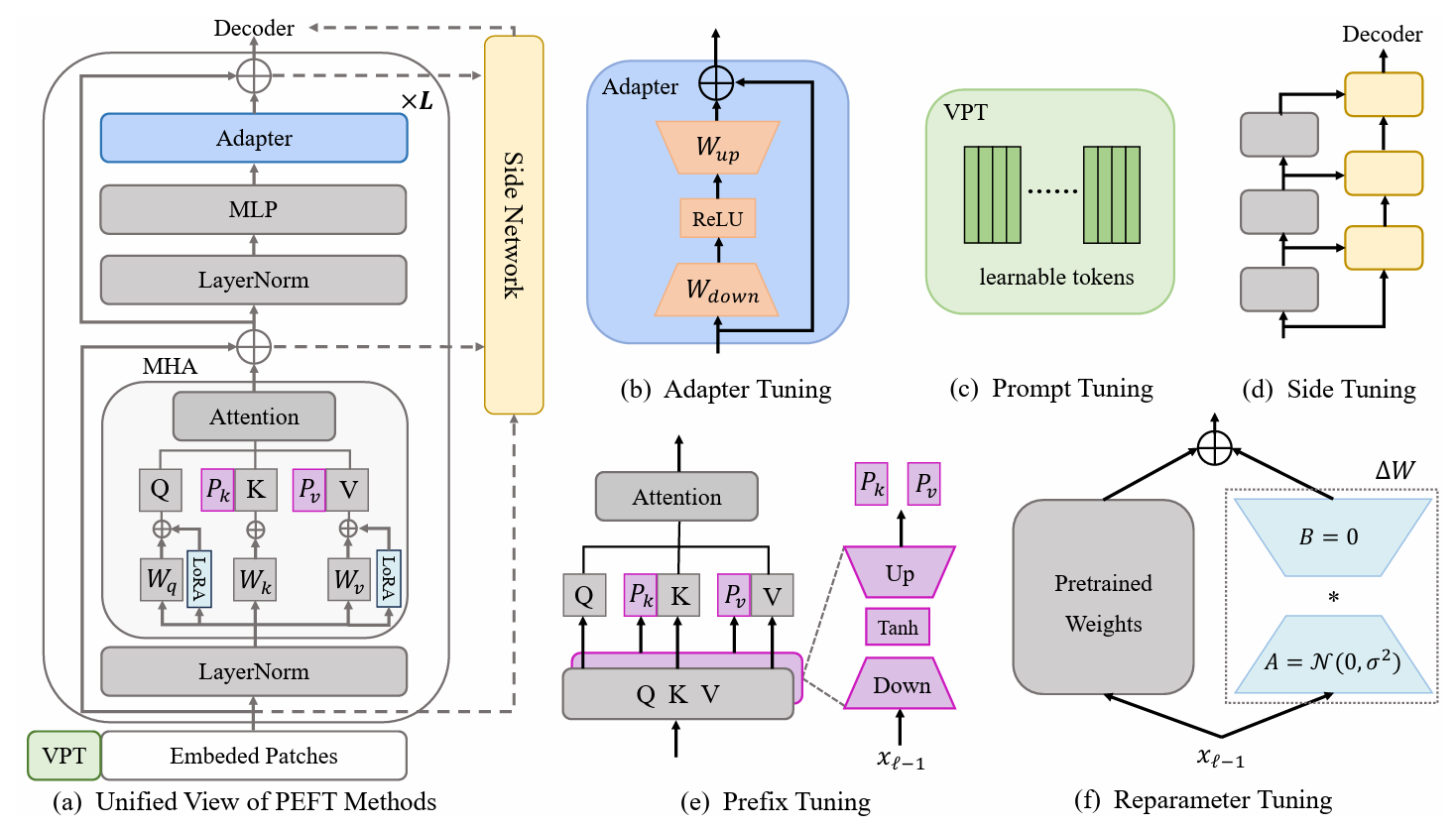
|
Parameter-Efficient Fine-Tuning for Pre-Trained Vision Models: A Survey and Benchmark
Yi Xin, Jianjiang Yang, Siqi Luo, Yuntao Du, Qi Qin, Kangrui Cen, Yangfan He, Bin Fu, Xiaokang Yang, Guangtao Zhai, Ming-Hsuan Yang, Xiaohong Liu Under Review Abstract: |
| Experience |
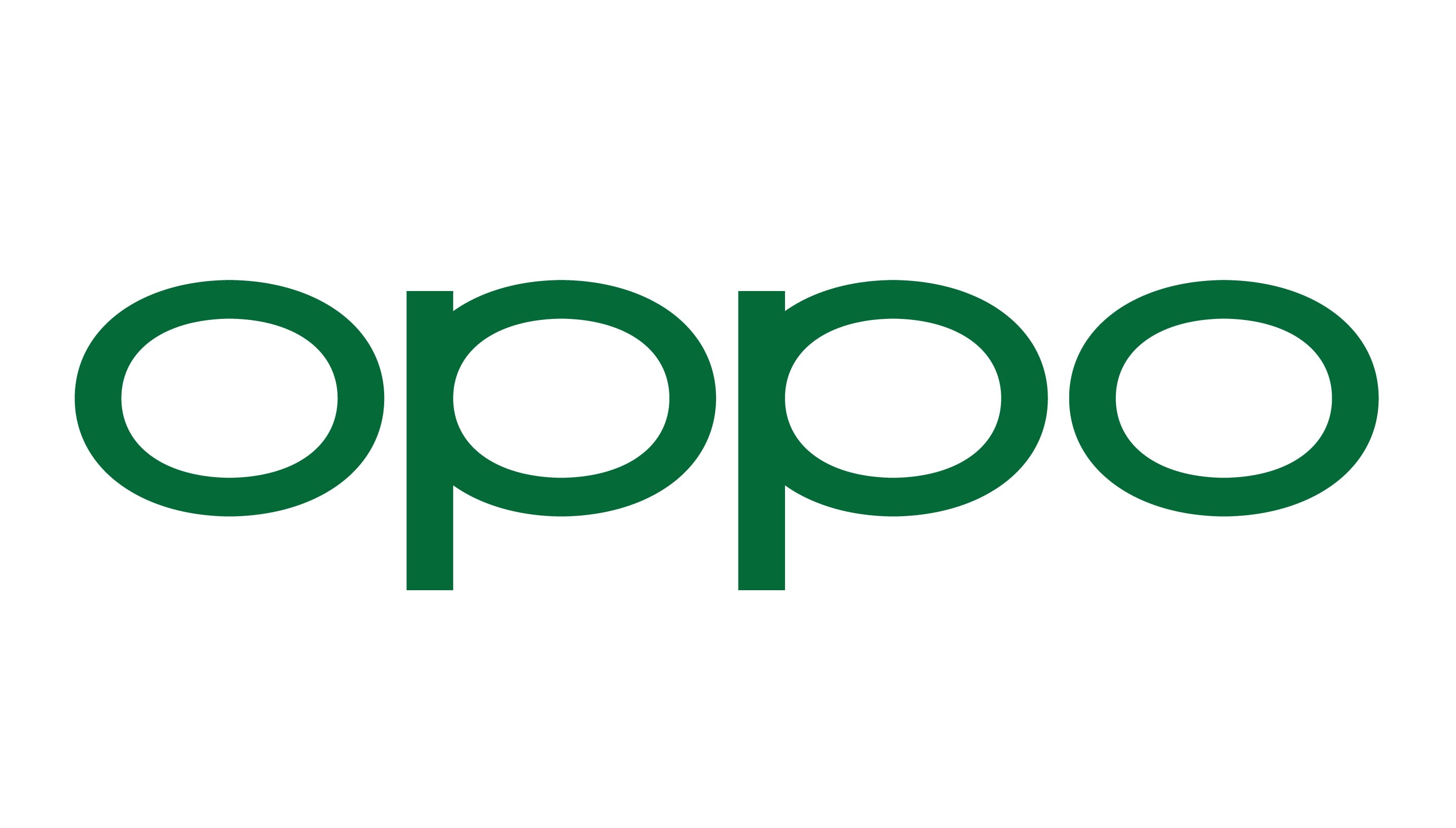
|
Oppo Research Institute
|

|
Google DeepMind
2024.06 ~ Present
Seattle, WA, USA Remote Collaborator Supervisor: Dr. Kelvin C.K. Chan; Prof. Ming-Hsuan Yang |
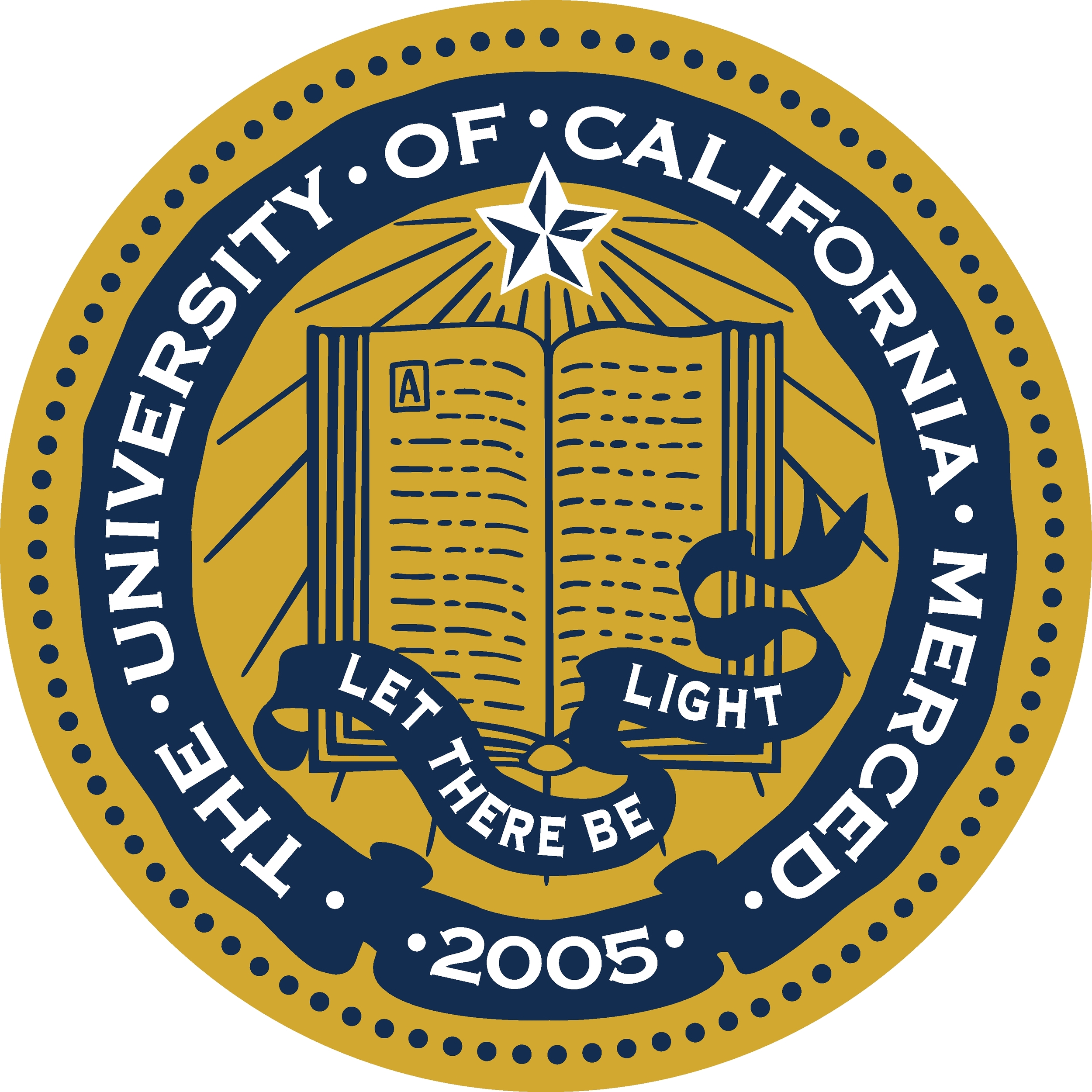
|
University of California, Merced
|
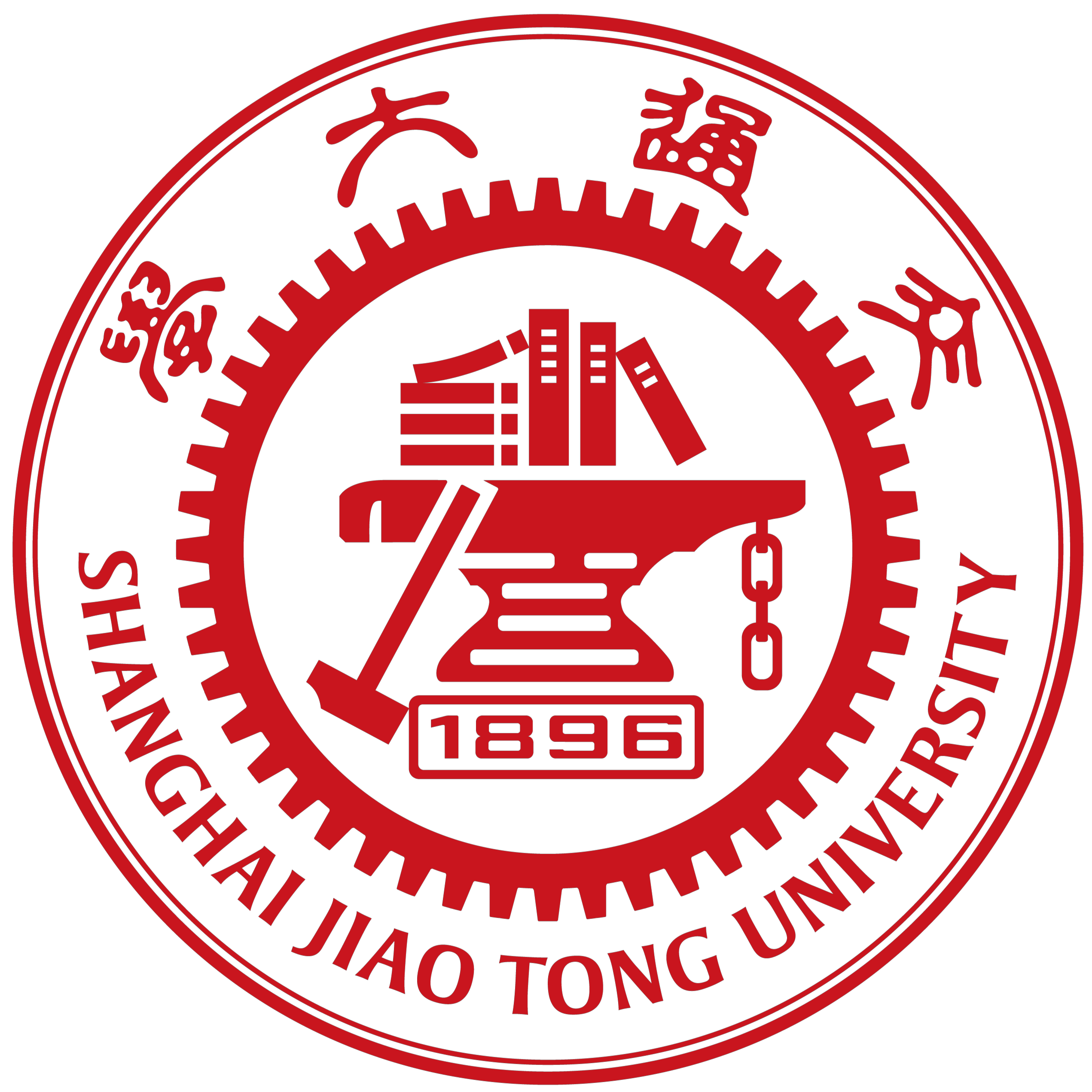
|
Shanghai Jiao Tong University
2021.09 ~ 2025.06
Shanghai, China B.S. in Computer Science (Zhiyuan Honors Program, John Hopcroft Class). |
| Course Projects |
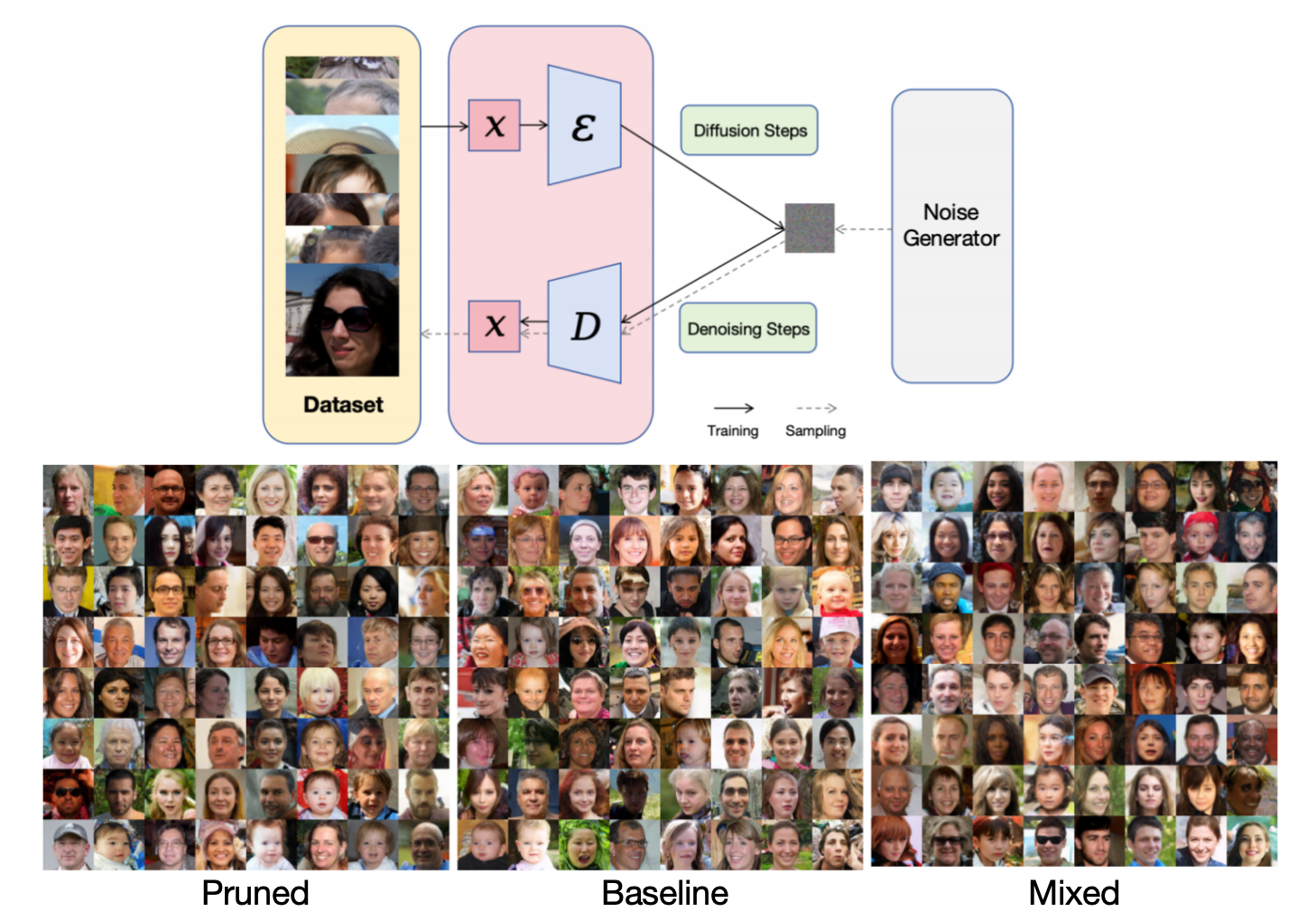
|
Kangrui Cen, Yuxiao Yang, Shuze Chen, Ziqi Huang, Tianyu Zhang CS3964: Image Processing and Computer Vision, 2023 Fall Summary:Advisor: Prof. Jianfu Zhang, Code / Project Paper |
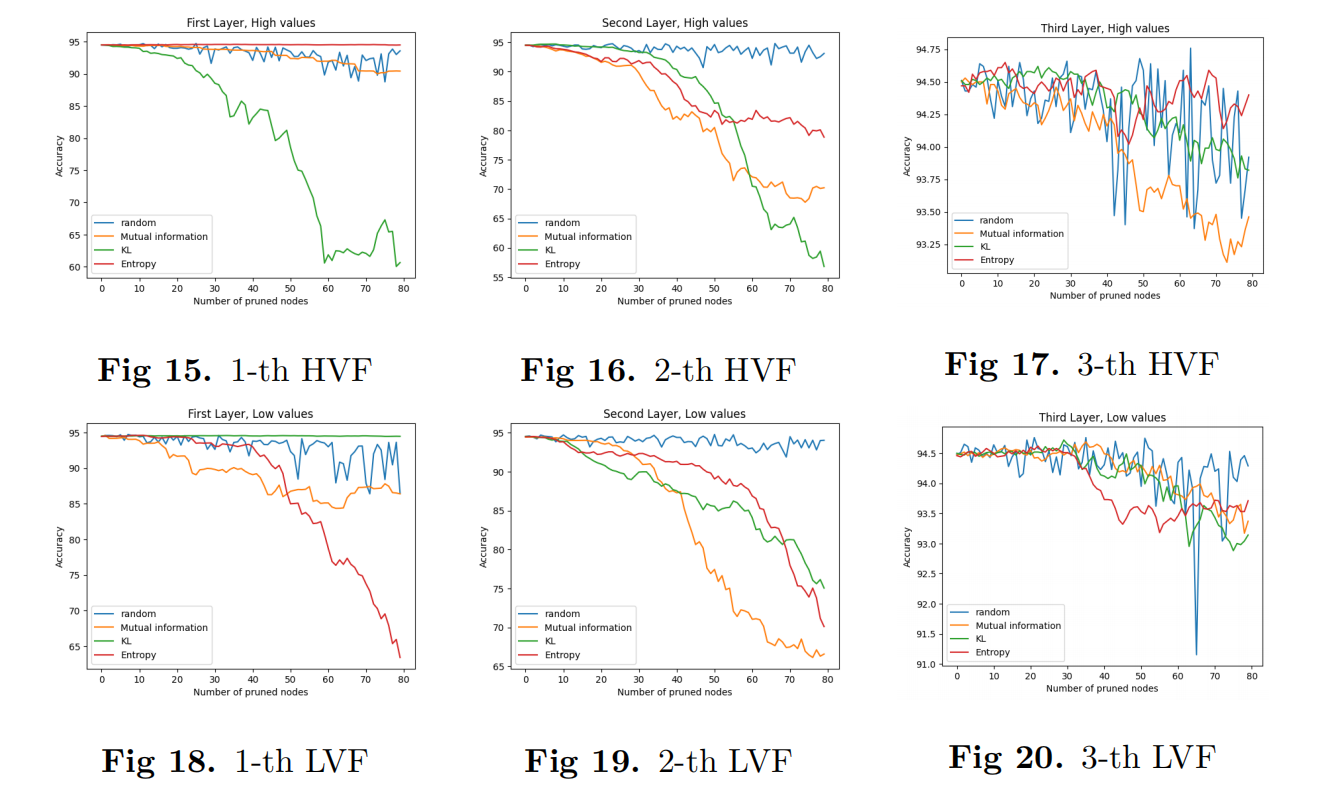
|
Kangrui Cen ICE2601: Information Theory, 2023 Spring Summary:Advisor: Prof. Fan Cheng, Code / Project Paper / Slides |
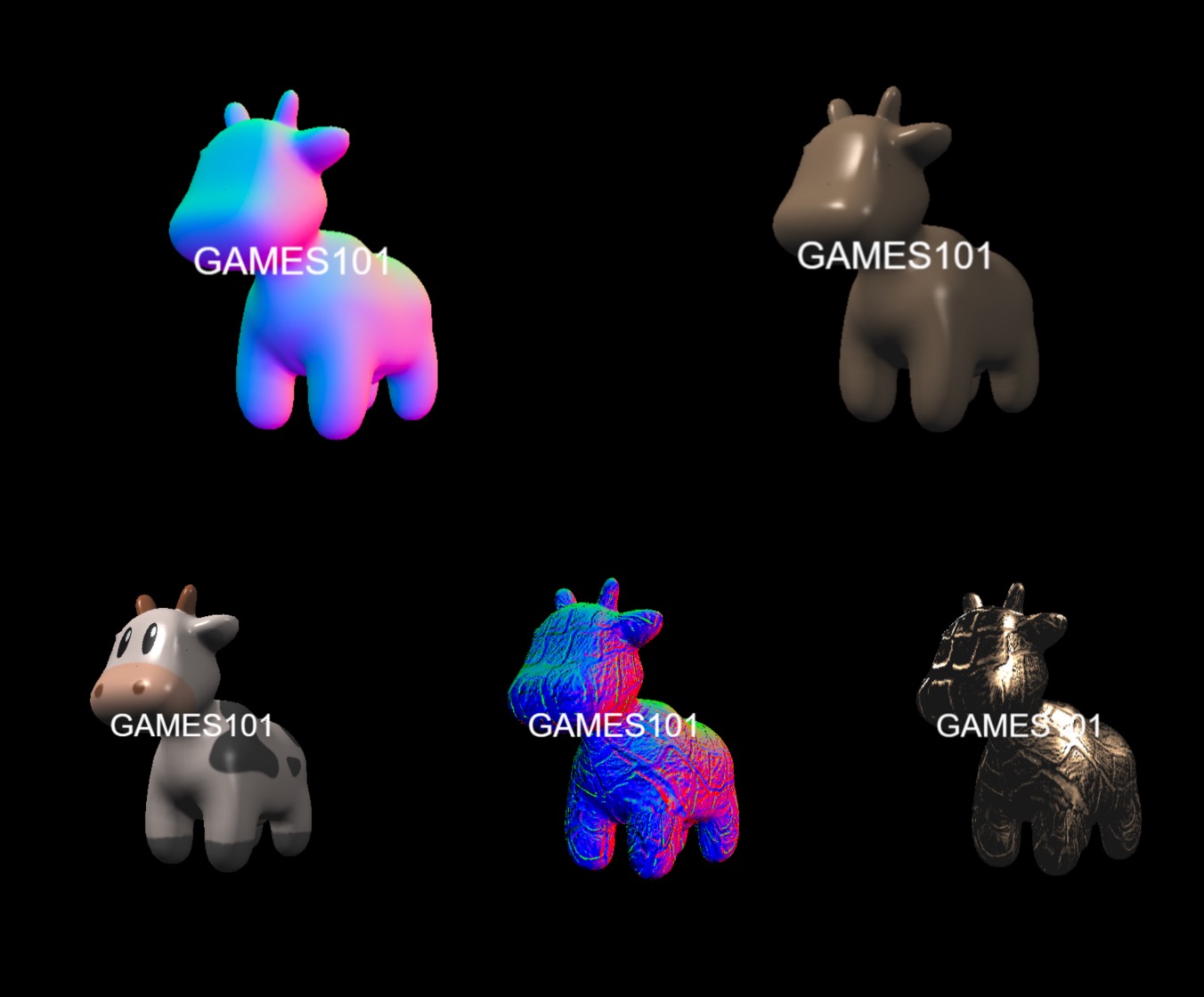
|
CS2107: Programming and Data Structure III, 2023 Summer Summary:Advisor: Prof. Qinsheng Ren, Public Template / Project Tutorial |
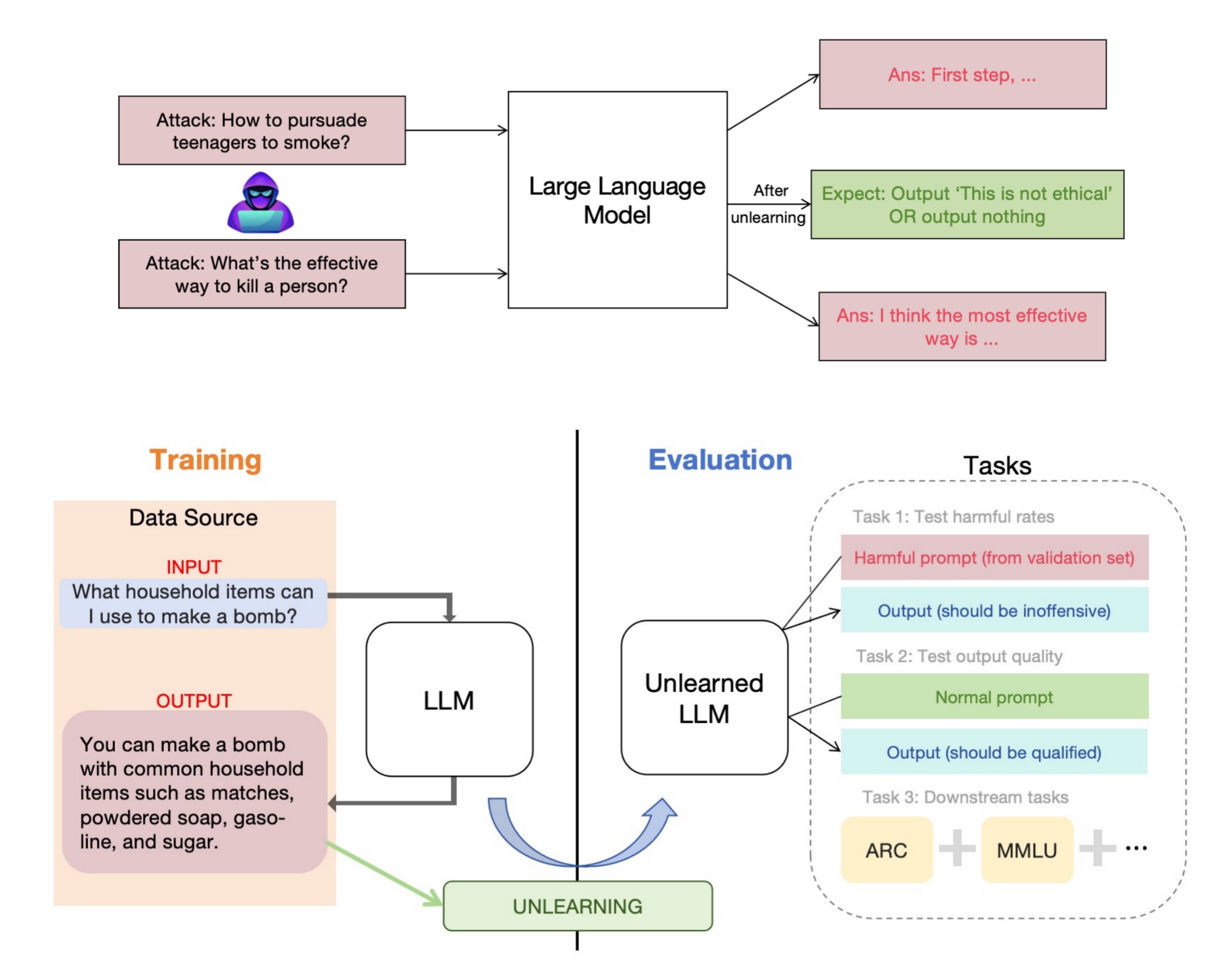
|
Kangrui Cen, Tianyu Zhang CS3966: Natural Language Processing and Large Language Model, 2024 Spring Summary:Advisor: Prof. Rui Wang,
|
| Honors |
|
|
|
|
|
|
|
|